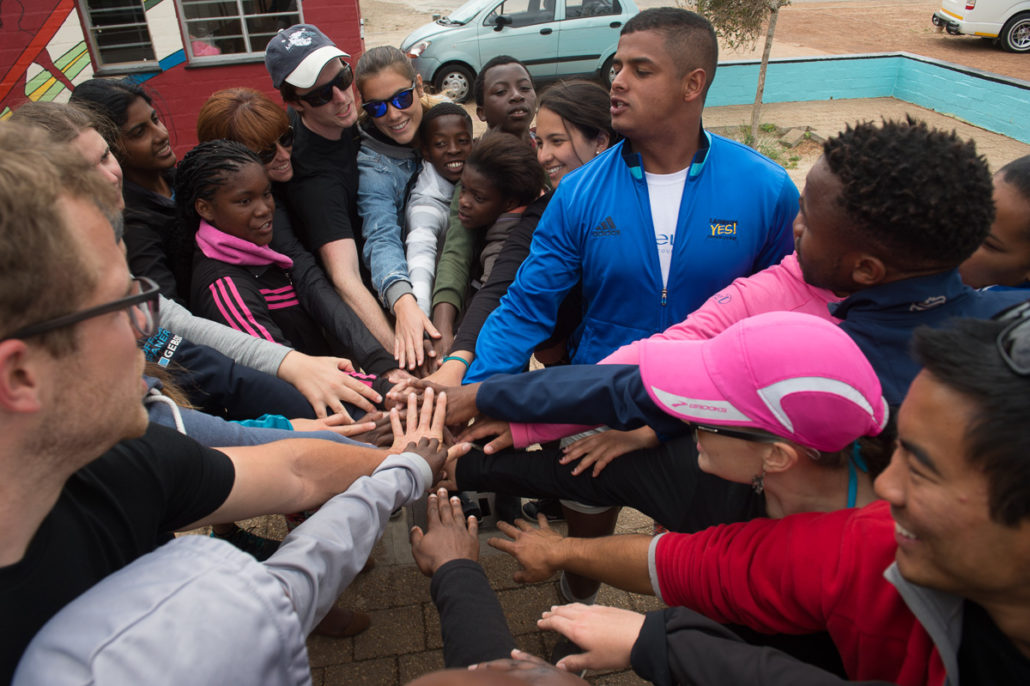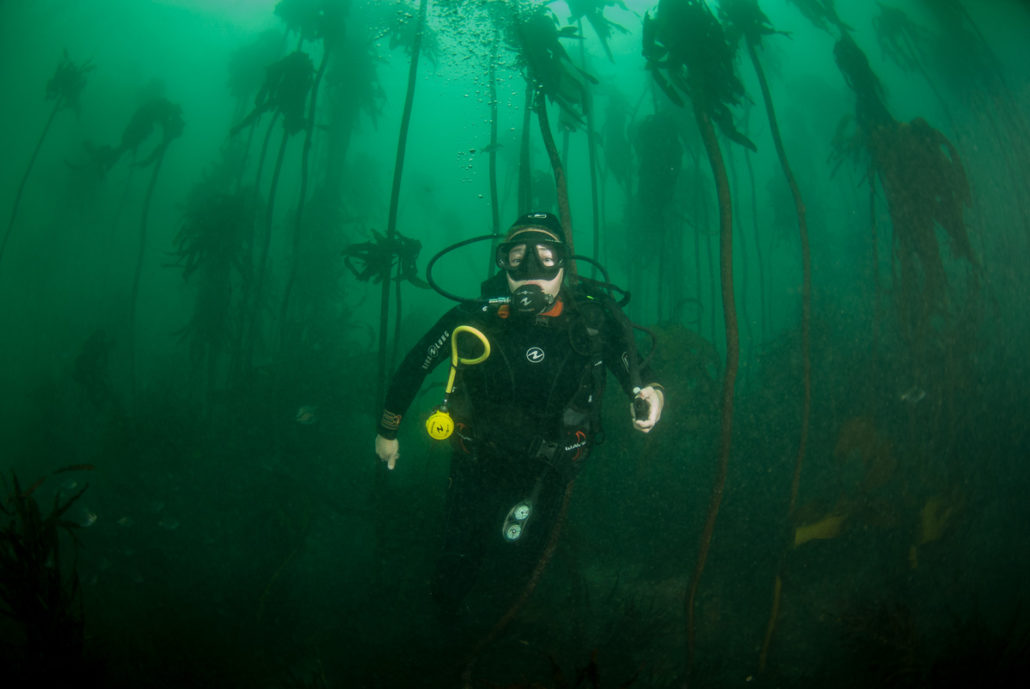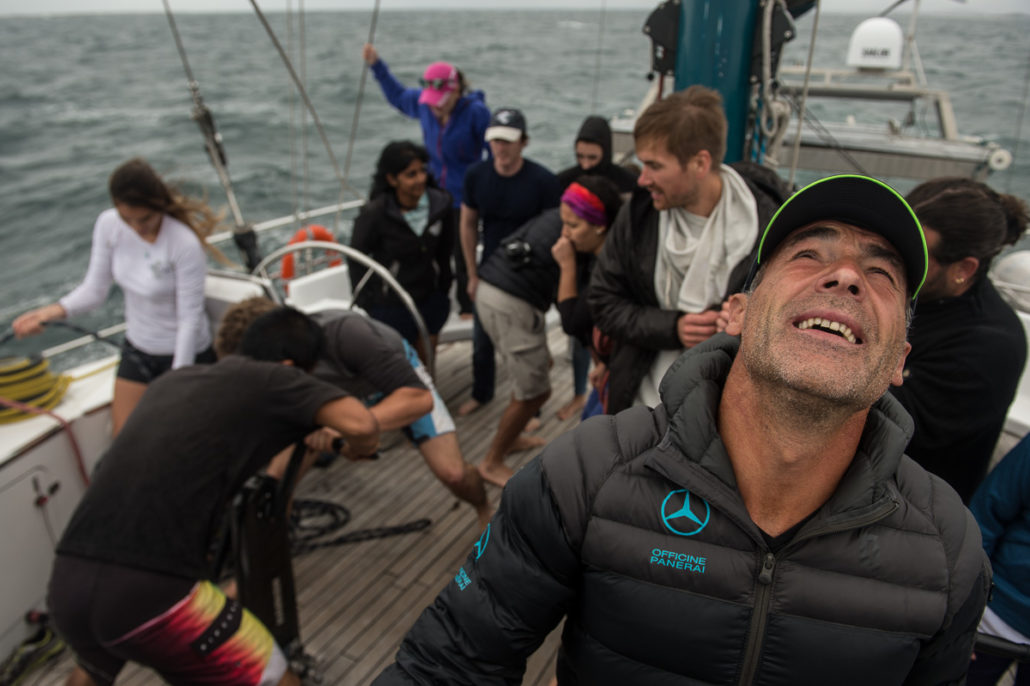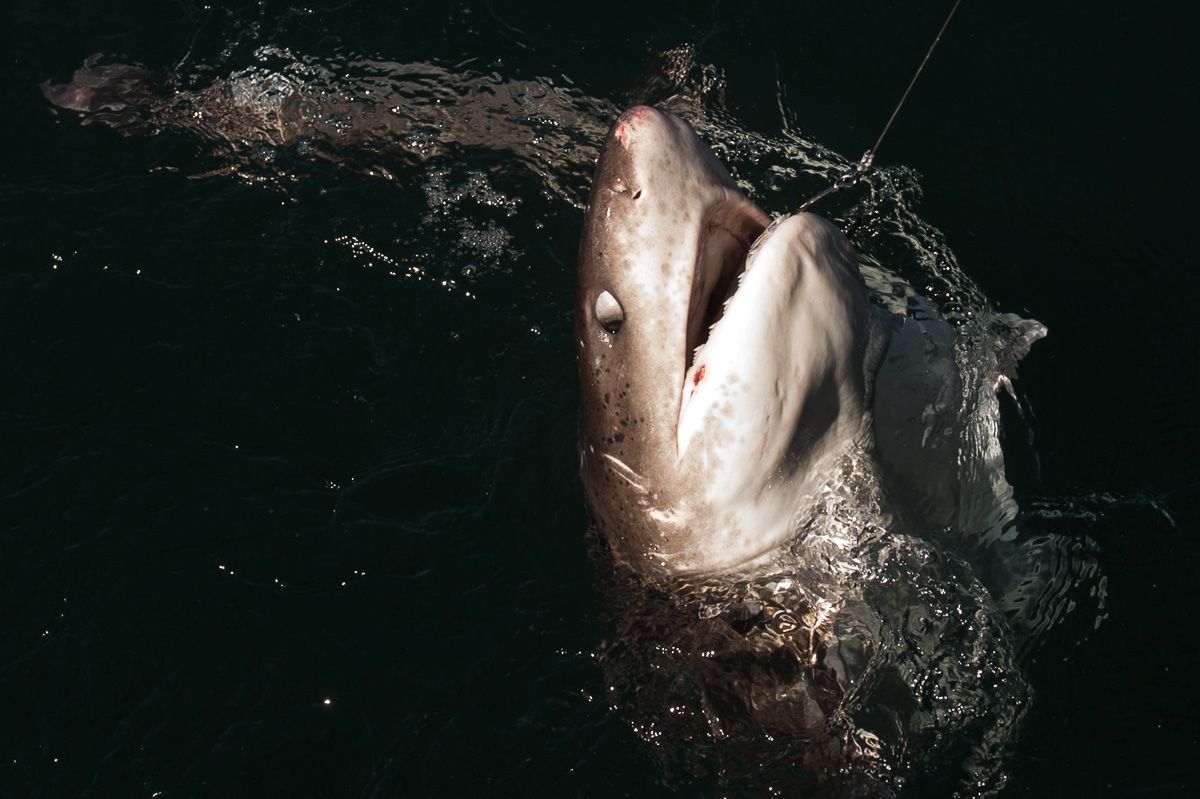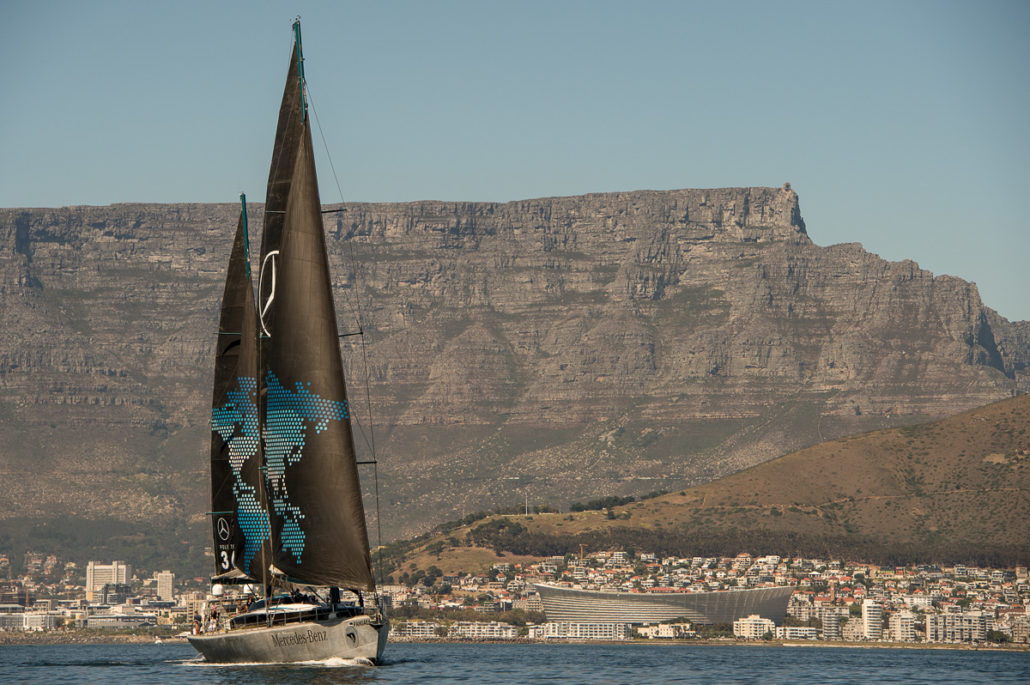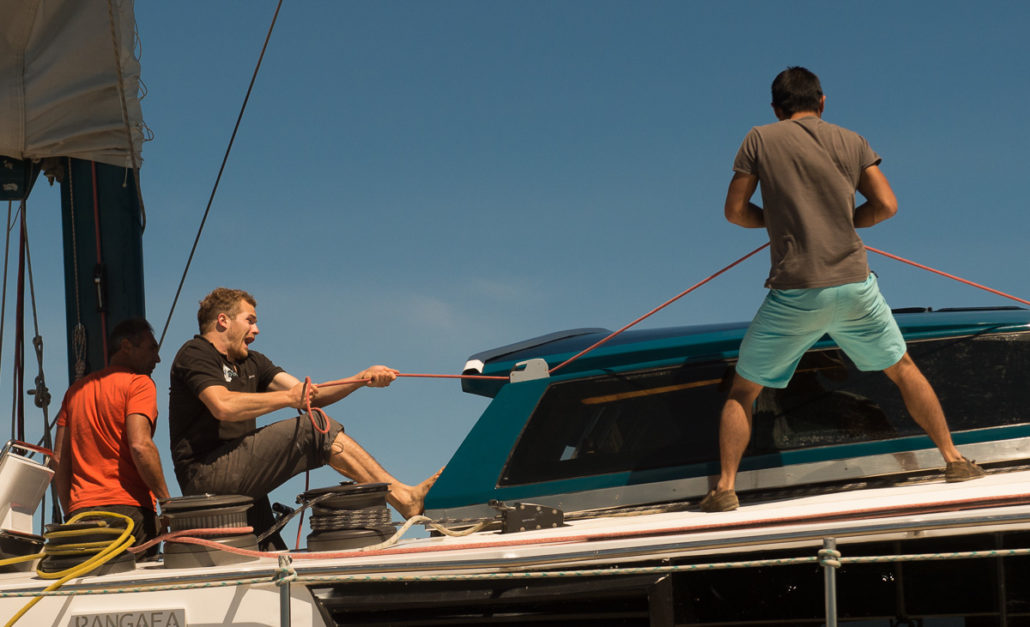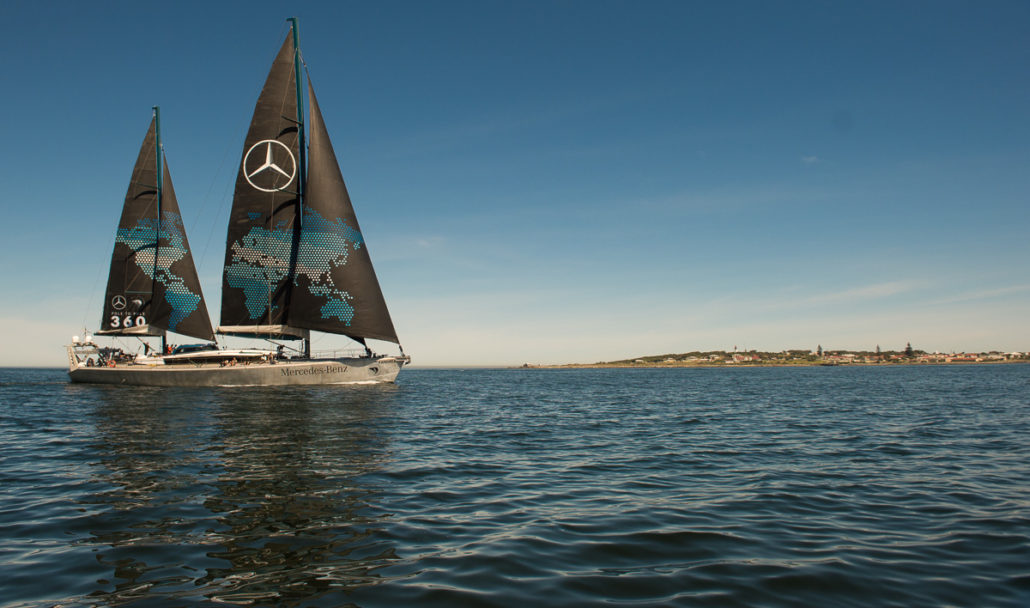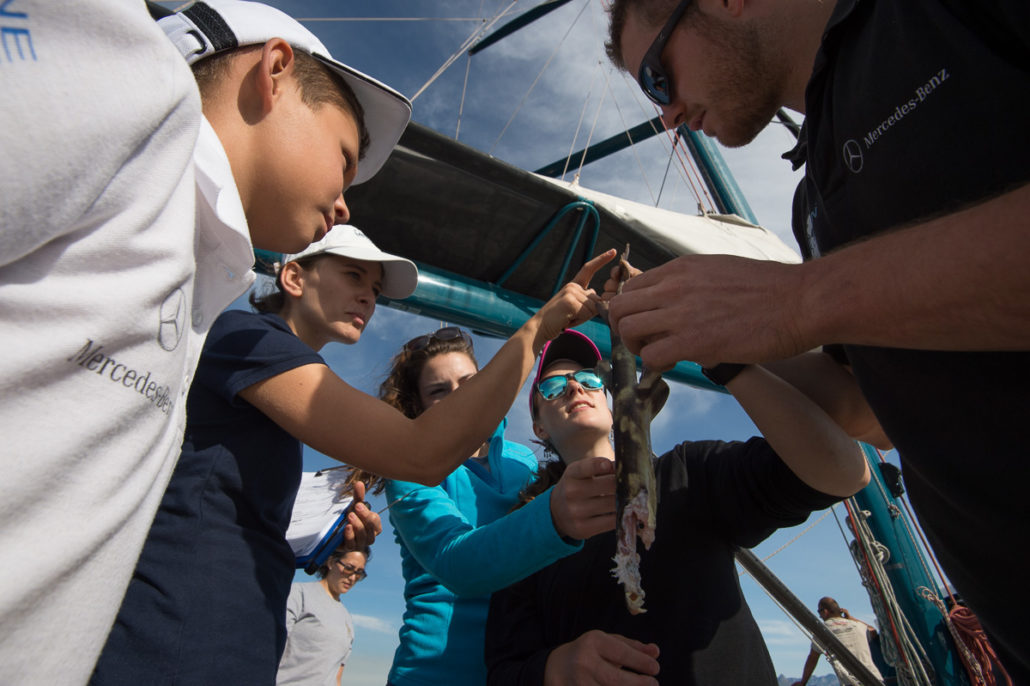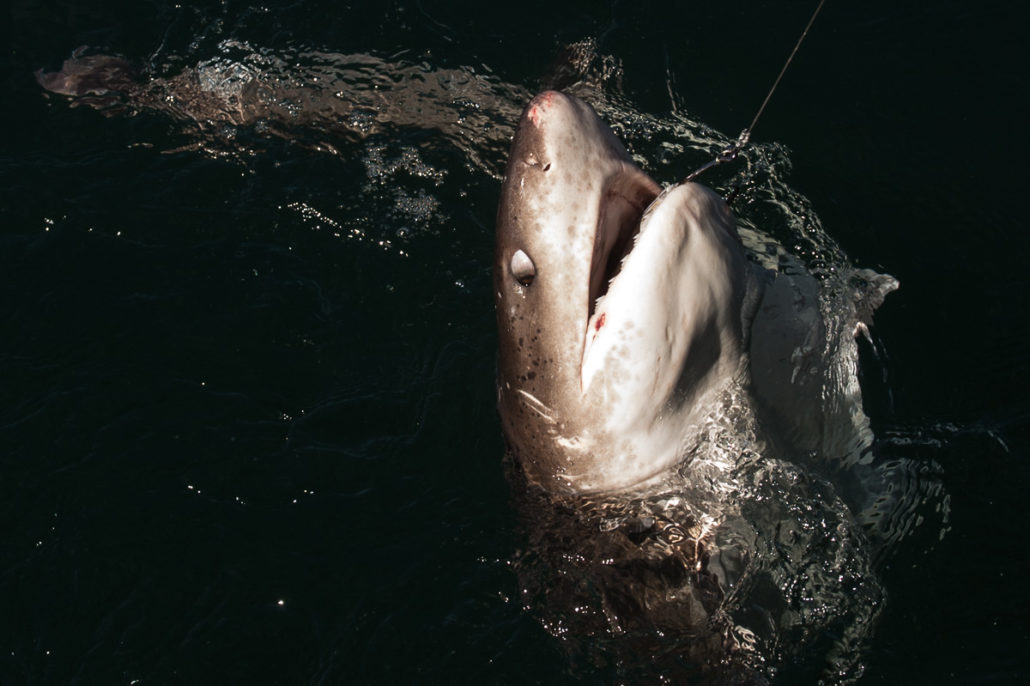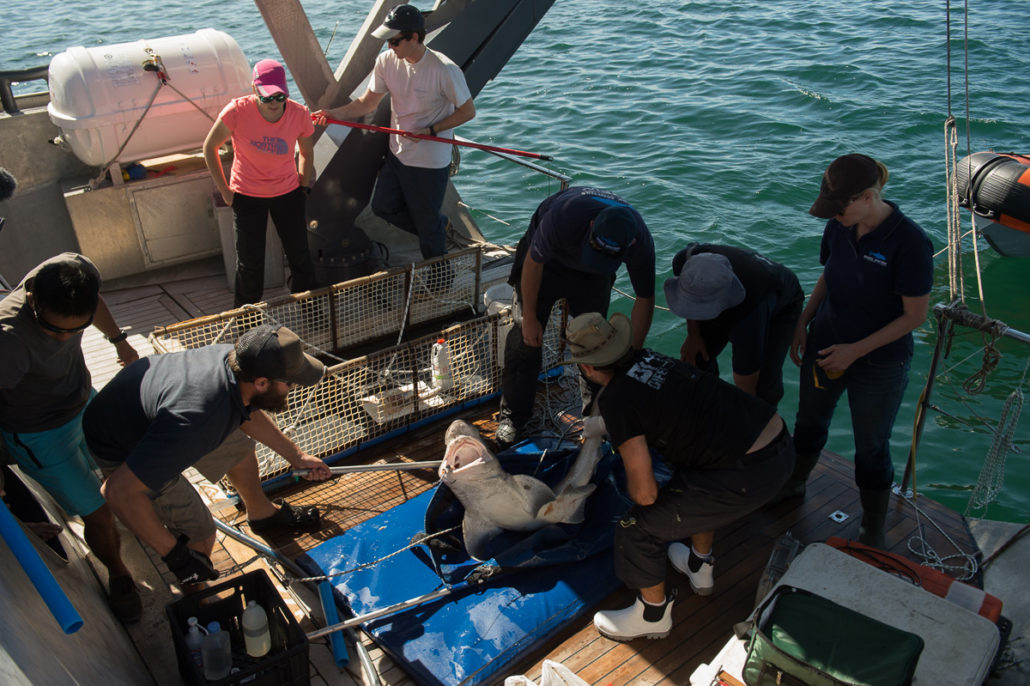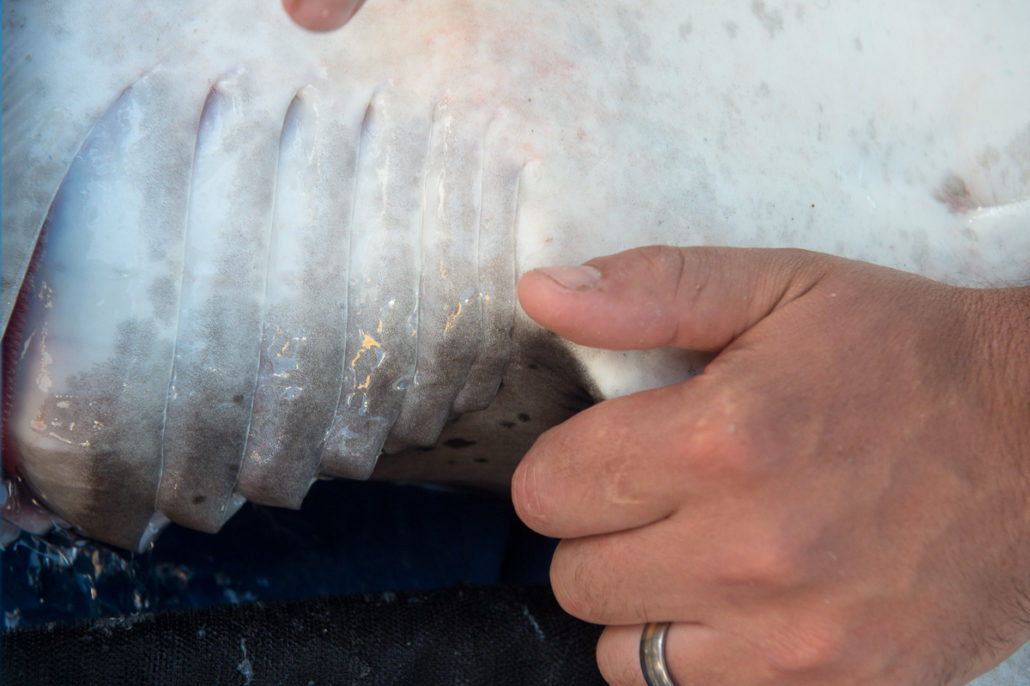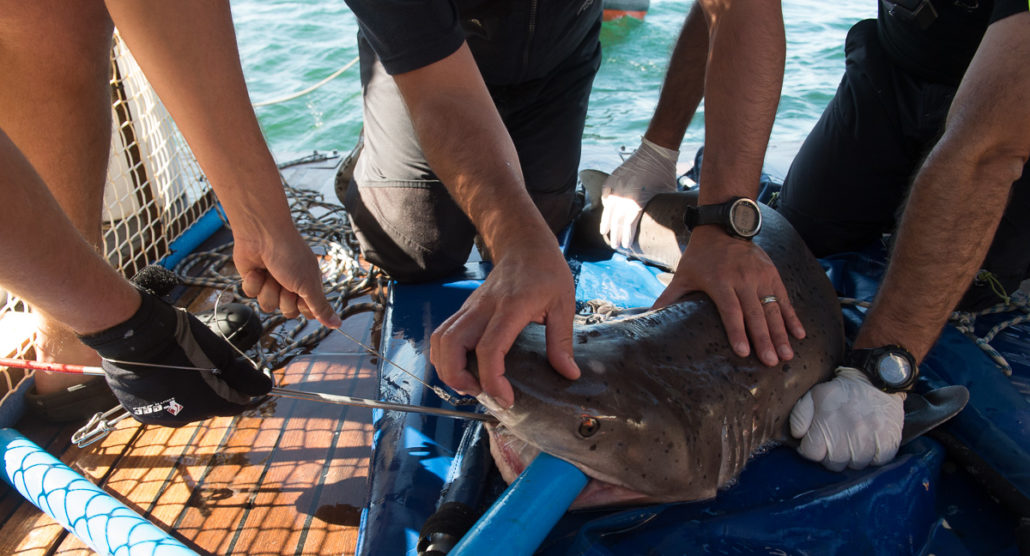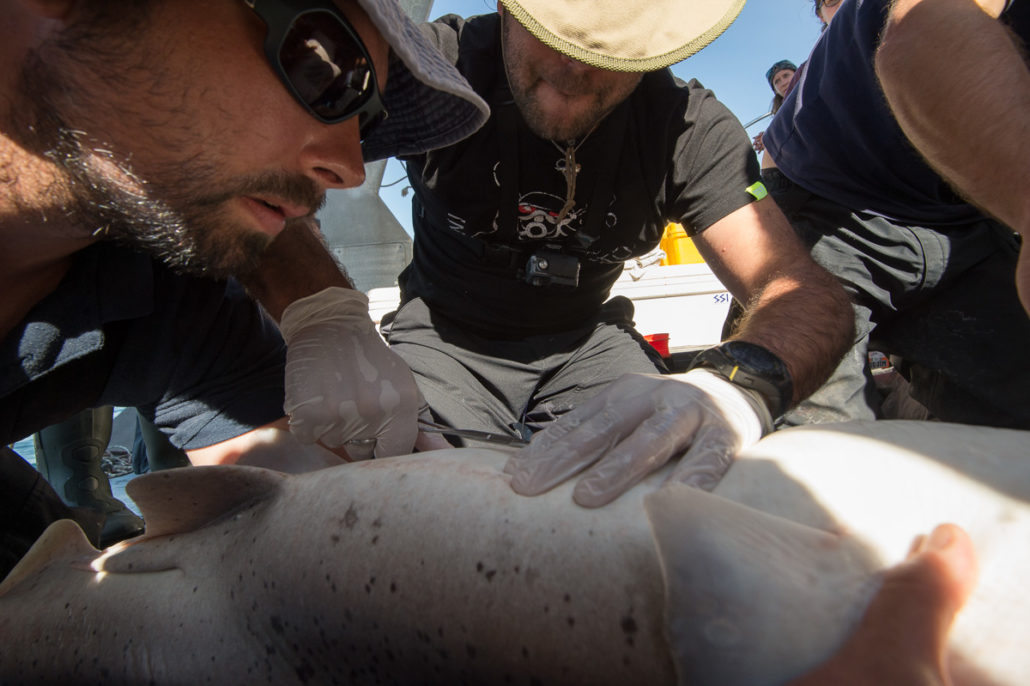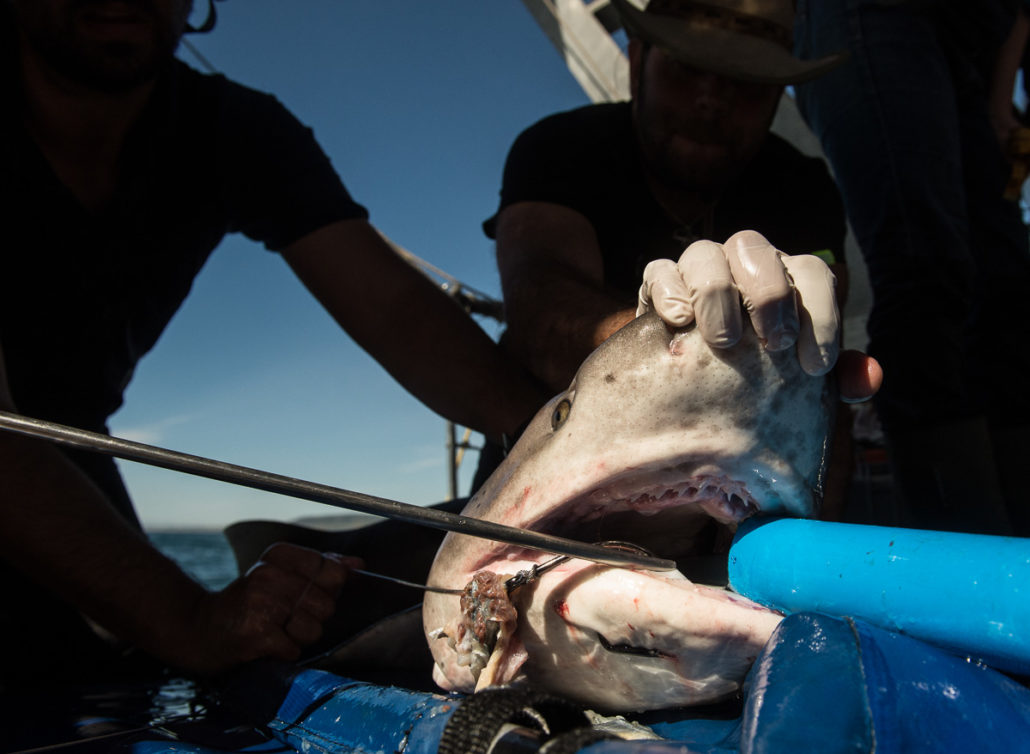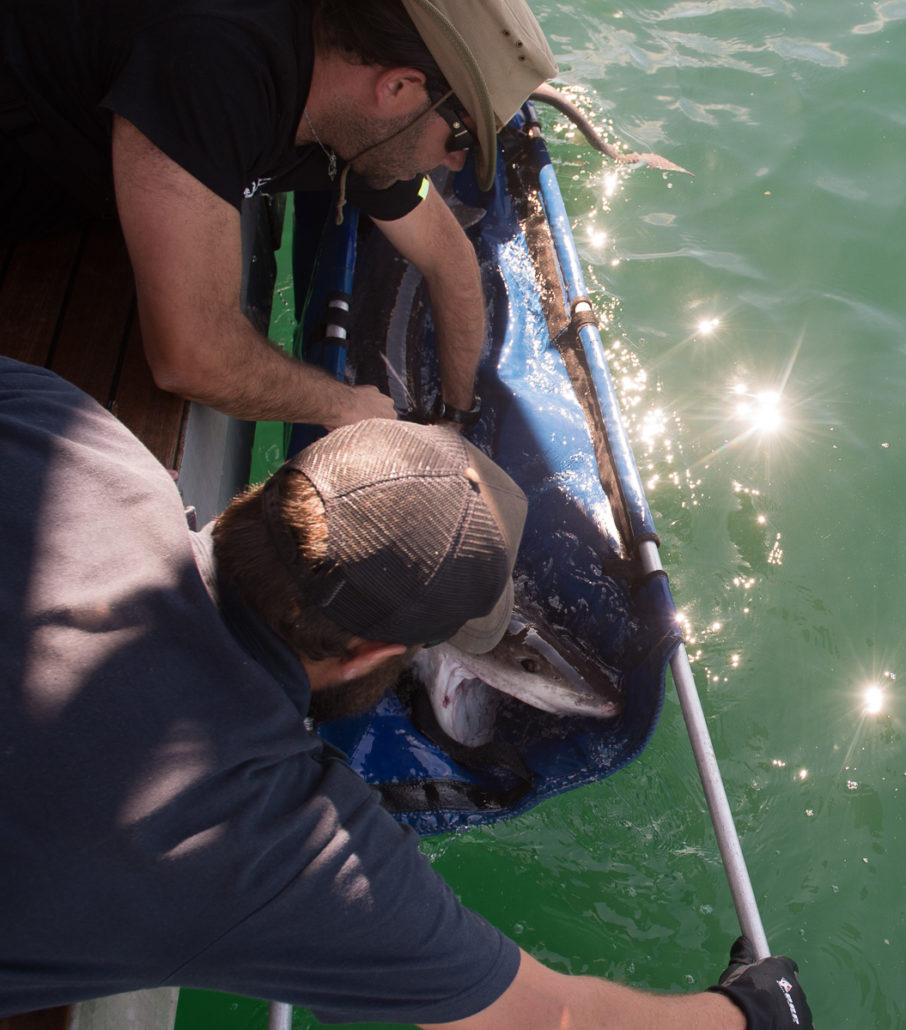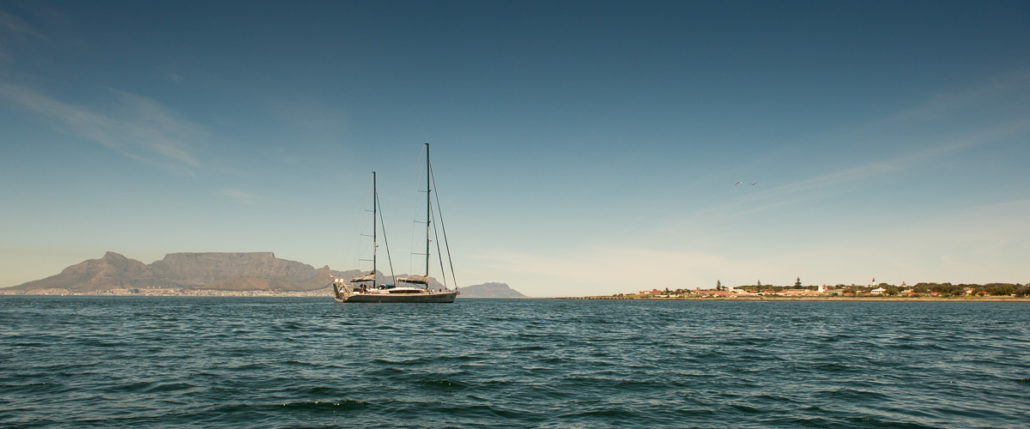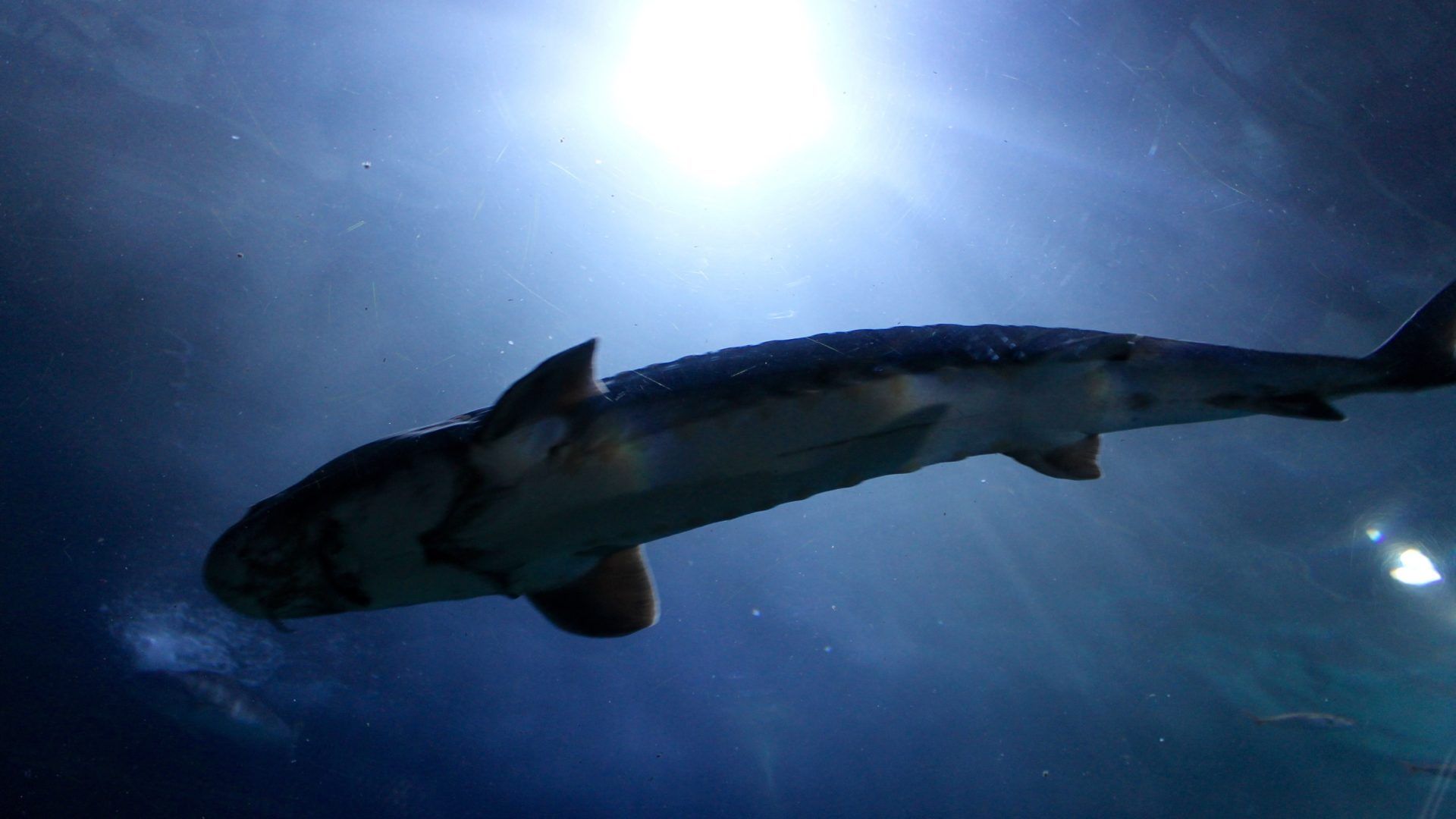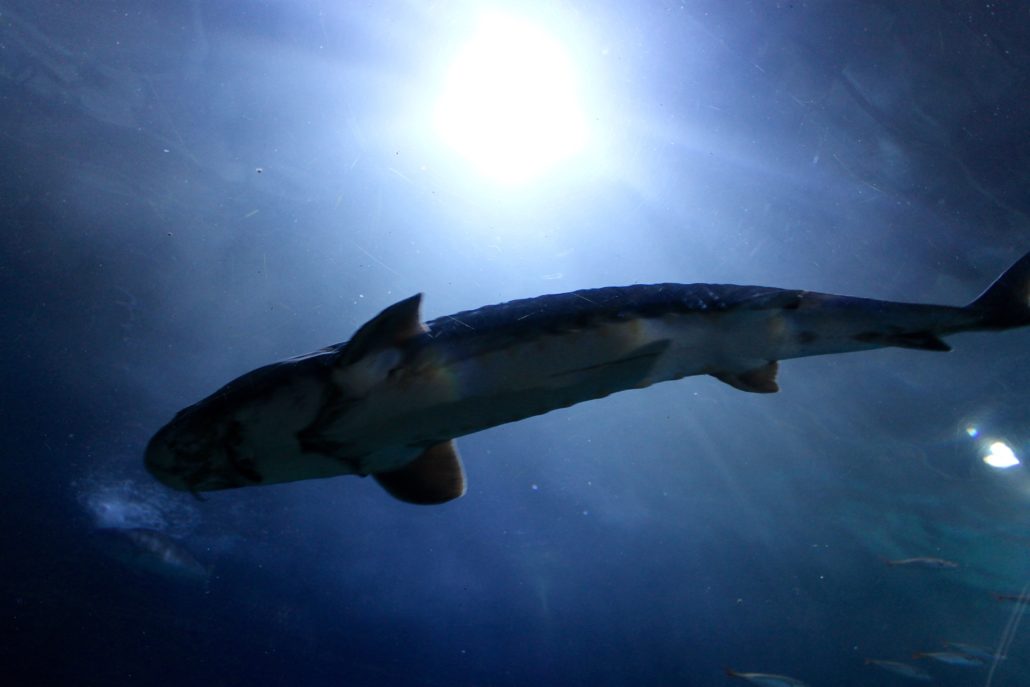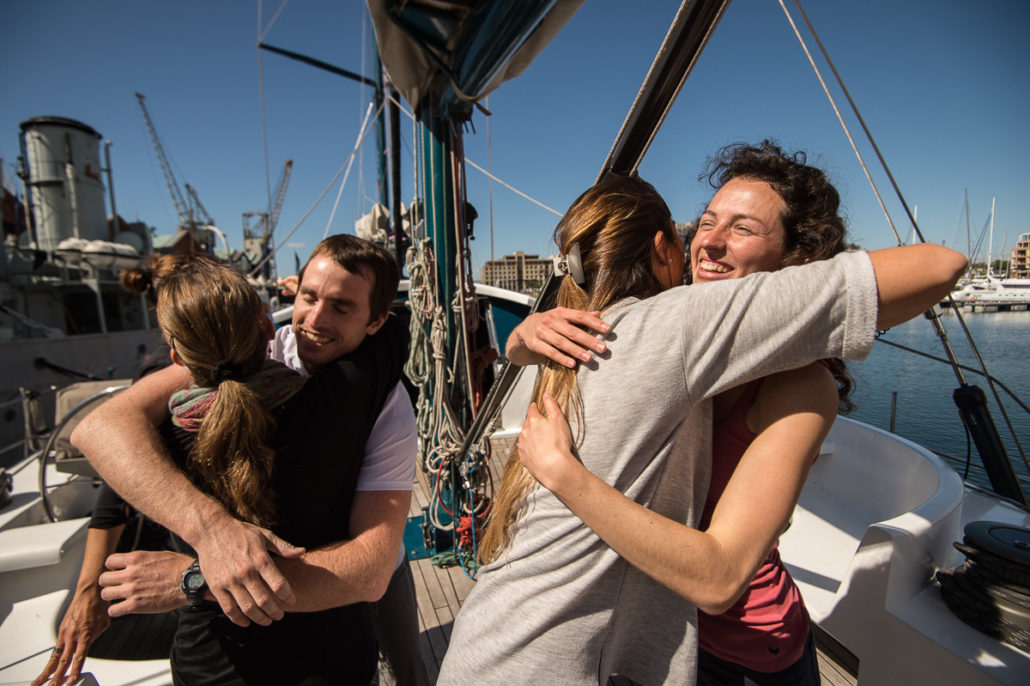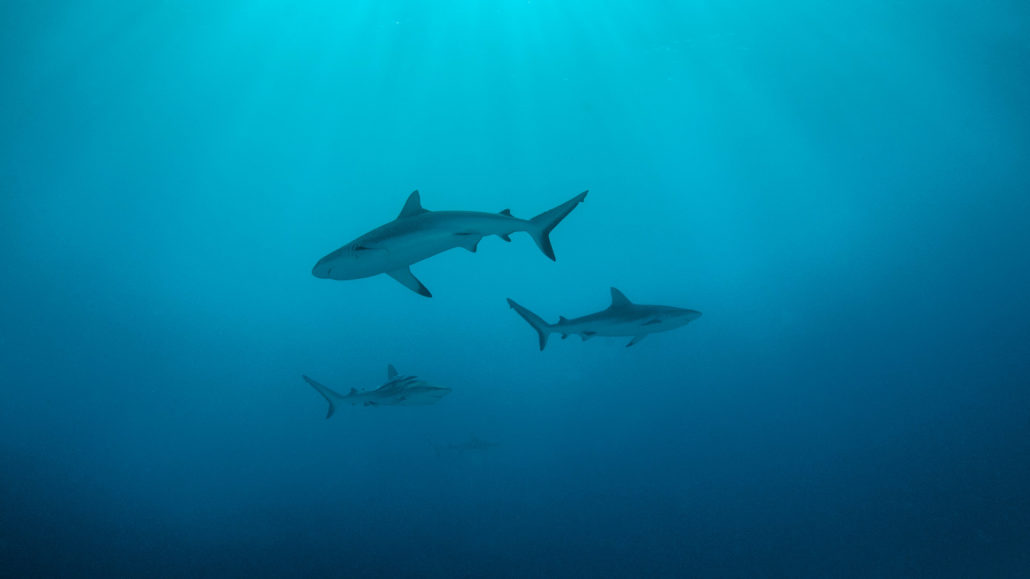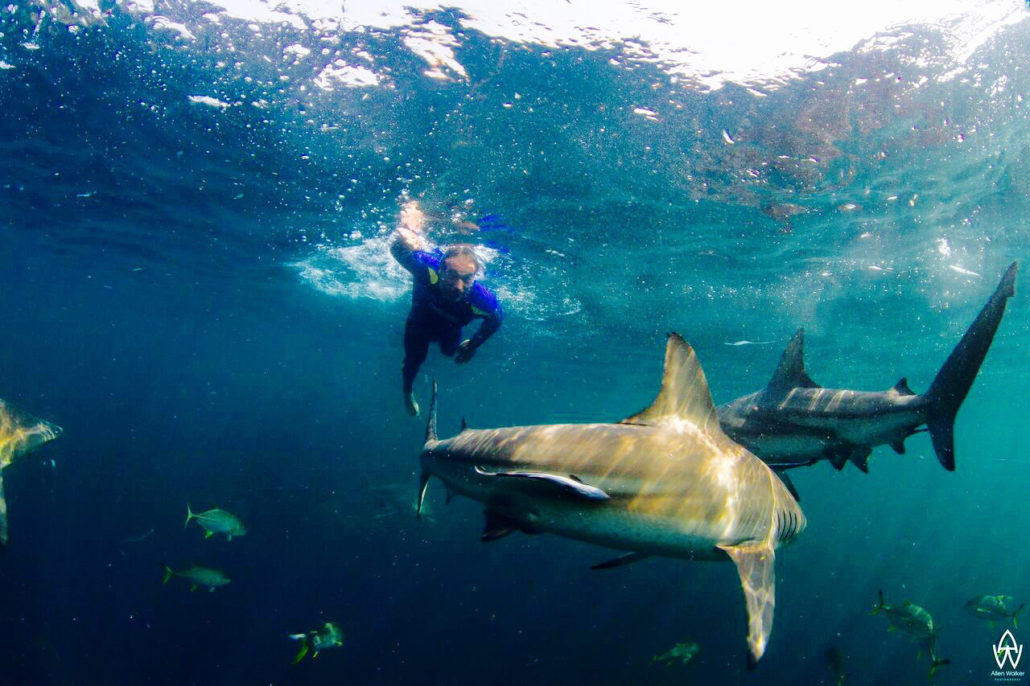Shark Project – Final Blog
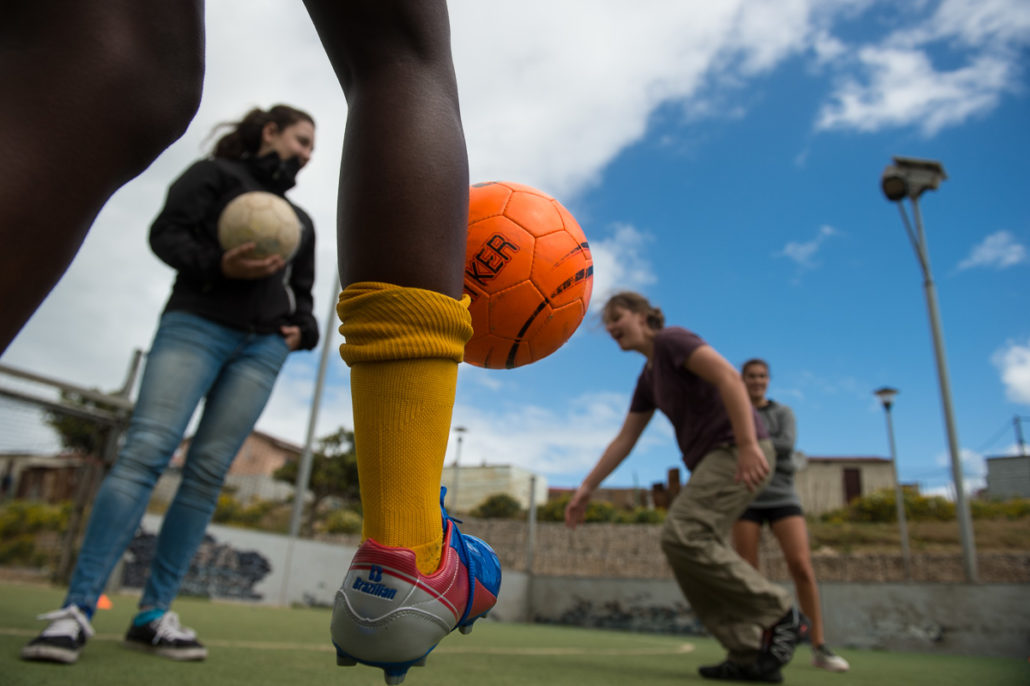
The boat buzzes with Young Explorers, each with a job to leave Pangaea, our home for the past ten days, in a condition Mike is happy with, and we sit and reflect on the Pole2Pole Shark Project. To try and find one word to describe it would be difficult but the word that comes to mind is, ‘dynamic.’ The people we interacted with, our team and what we did were all remarkably, dynamic.
Working with Shark Spotters, the Laureus ‘Sport for Good’ Foundation, Waves for Change and GrassRoot Soccer gave our project a scientific and social aspect to our time here in Cape Town. It was both inspiring and motivating to work with such passionate and dedicated people in each of these organisations and gave us great hope for future change. The shark tagging expedition contributed valuable data to increase what we know about the seven-gill shark species here in South Africa and allowed Young Explorers the opportunity to be hands on in a once in a life time experience. The shark diving day allowed us to really interact with shark species in their natural habitat and was aimed at abolishing the negative stereotypes that the media associate with sharks. The second part of our project included engaging with local communities and allowed us an insight into a world that we are extremely sheltered from. These experiences are vital for global awareness and personal growth and allow us to identify key areas that require change as well as the tools in order to drive that change.
An unexpected positive impact of this project was the reunion of Young Explorers from different expeditions and from all around the world. Each person felt revitalized and our passion to drive social and environmental change was fuelled. Conversations were always inspiring and excitement for our future was tangible. Working as a team of Young Explorers is an extraordinary experience with dynamic individuals contributing a variety of skill sets and expertise to create something unique and highly impactful.
Ultimately, this project is just the beginning of many Pole2Pole projects to come. Our team of over 200 “Young” Explorers have grown to become veterinarians, scientists, journalists, communicators, and everything in between. Mike will be completing his extraordinary circumnavigation of the planet for the next two years; our fundamental aim is to utilize our diverse group of young people to drive the environmental and social change that the world needs.


